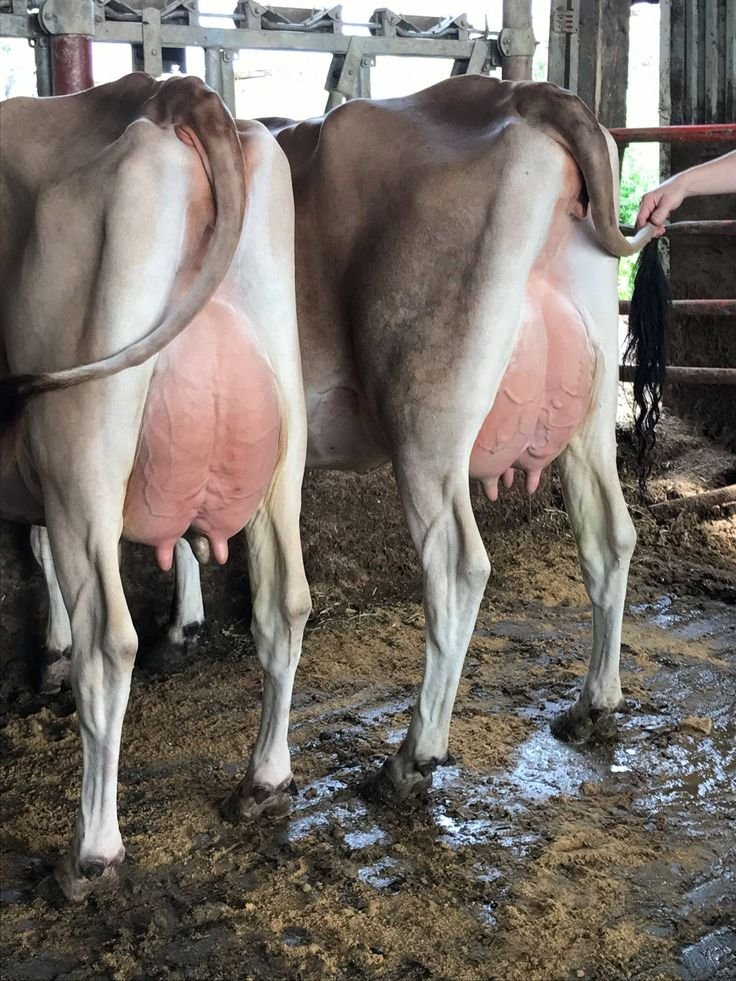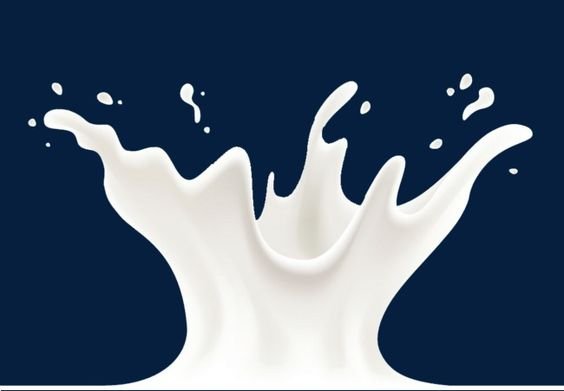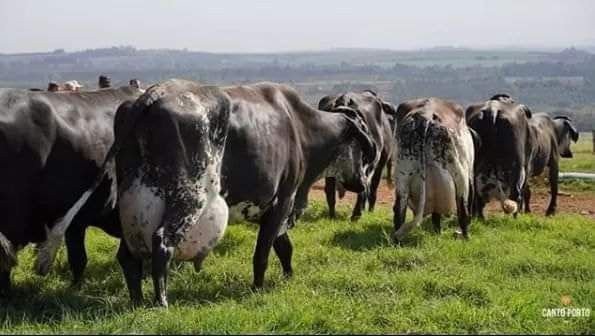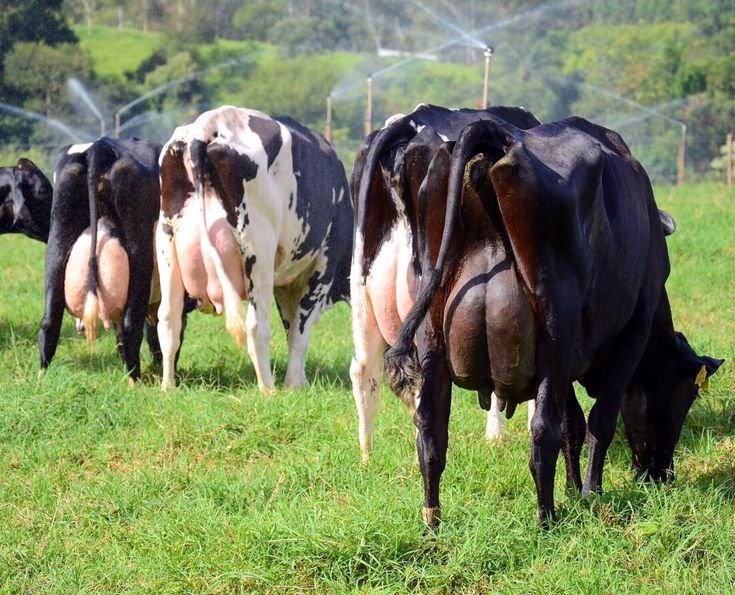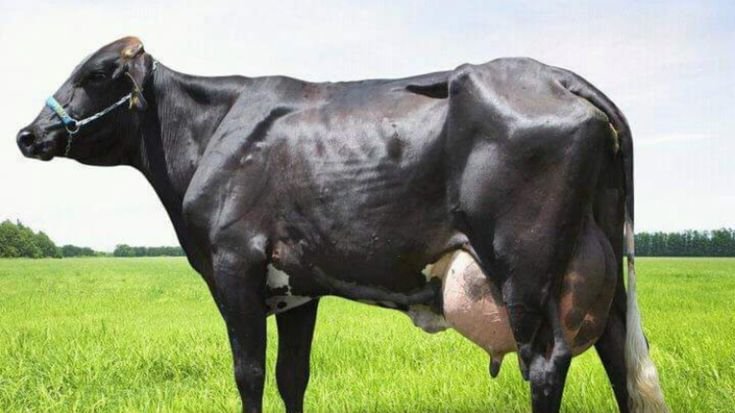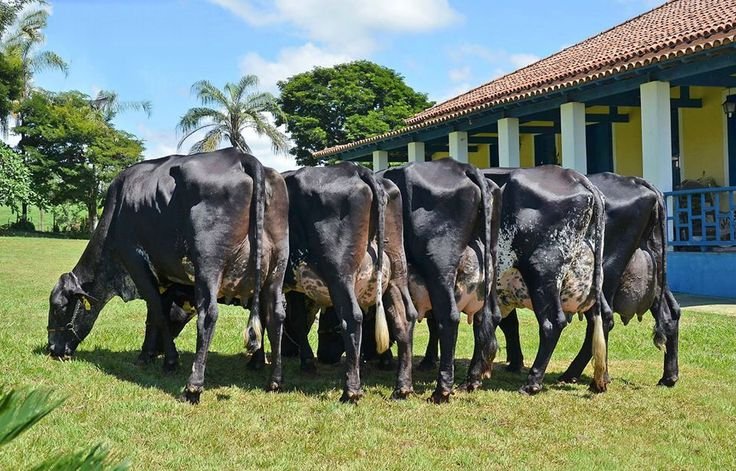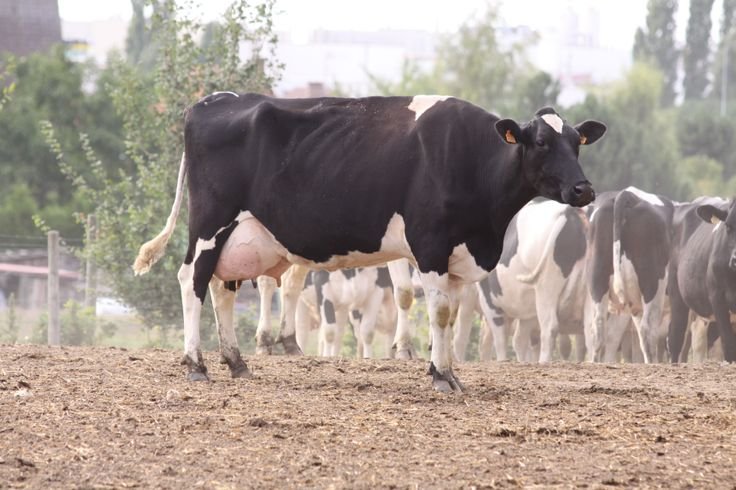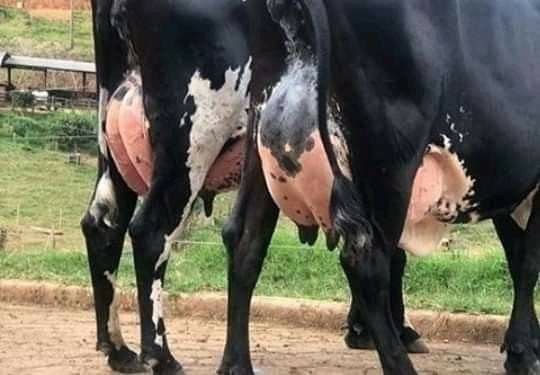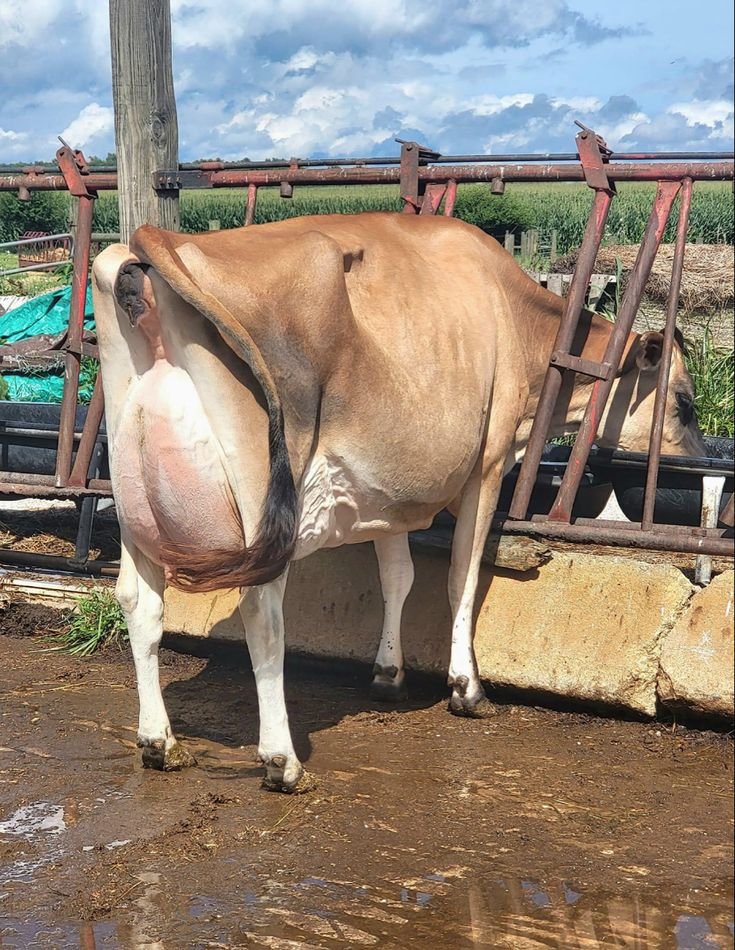Calcium deficiency is a common yet often overlooked problem in dairy cows and buffaloes. While many farmers recognize calcium’s role in milk production, its deficiency affects various aspects of animal health beyond milk yield. Insufficient calcium impacts immunity, bone health, reproductive efficiency, and overall productivity. In this article, we delve into the hidden effects of calcium deficiency and how farmers can manage and prevent this deficiency to support healthier, more productive animals.
Why Calcium is Essential for Dairy Cows and Buffaloes
Calcium plays a central role in multiple physiological functions in dairy animals, including:
- Milk Production: Calcium is necessary for the secretion of milk, and deficiency can directly decrease milk output.
- Bone Strength and Muscle Function: Calcium keeps bones strong and supports muscle contraction and relaxation, critical for mobility.
- Nervous System Health: It enables proper nerve transmission, essential for physical coordination and reducing stress in dairy animals.
- Immunity: Adequate calcium is key to a robust immune response, helping animals resist infections and illnesses.
Hidden Effects of Calcium Deficiency
- Decreased Milk Production and Milk Fever
Calcium deficiency is a primary cause of reduced milk production. Without enough calcium, cows and buffaloes produce less milk, impacting farm profitability. Severe calcium deficiency can also lead to milk fever (hypocalcemia), particularly after calving, where the animal may experience tremors, weakness, and even paralysis. - Weakened Immune System
Calcium is integral to immune response. Deficiency can lower disease resistance, making dairy animals susceptible to infections and chronic illnesses, thus impacting overall productivity. - Reproductive Issues
Calcium deficiency often results in irregular heat cycles, poor conception rates, and delayed return to estrus after calving. This can prolong the calving interval and reduce the number of productive lactation cycles over the animal’s lifetime. - Fragile Bones and Joint Pain
Low calcium levels weaken bones, making animals more prone to fractures and joint pain. This is particularly problematic for high-yield dairy cows who carry extra weight due to their milk load. - Lethargy and Reduced Feed Intake
Calcium deficiency can reduce muscle and nerve function, leading to lethargy and lack of appetite in dairy animals. Animals that eat less have lower energy levels, further impacting milk yield and reproductive health.
Causes of Calcium Deficiency in Dairy Animals
- High Calcium Demand During Lactation: Dairy cows and buffaloes need significantly higher calcium levels during lactation. Without additional supplementation, they may become deficient.
- Poor Quality Feed: Inadequate mineral composition in feed, particularly calcium and phosphorus, contributes to deficiency.
- Vitamin D Deficiency: Vitamin D is necessary for calcium absorption, and low levels can limit how much calcium the body can use.
- Metabolic Disorders: Certain metabolic conditions can impair calcium absorption and retention.
Solutions to Manage and Prevent Calcium Deficiency
- Calcium-Rich Supplements
Providing calcium supplements, especially in early lactation, helps meet the increased demand. Sumaani Pharma offers specialized calcium supplements designed to support milk production and maintain overall health. - Incorporate Vitamin D in Diet
Ensuring adequate Vitamin D in feed helps improve calcium absorption. Sumaani Pharma’s mineral blends are fortified with both calcium and Vitamin D, providing a balanced nutrient profile. - Use of Chelated Calcium Supplements
Chelated calcium, a form easily absorbed by the body, is more effective in preventing and treating deficiency. Sumaani Pharma’s chelated calcium supplements ensure maximum absorption and utilization in dairy animals. - Routine Health Checks
Regular testing for calcium levels in at-risk animals, especially those in early lactation or nearing calving, can prevent deficiency from becoming severe. - Calcium Supplementation During Late Pregnancy
Administering calcium supplements during the last stages of pregnancy can prepare dairy cows and buffaloes for the high calcium demand post-calving, reducing the risk of milk fever and supporting higher milk yield.
Conclusion
Calcium deficiency in dairy cows and buffaloes has far-reaching effects beyond milk production. From immune health to reproduction and bone strength, calcium plays a crucial role in ensuring animals stay healthy and productive. Addressing this deficiency with balanced nutrition and effective supplements, like those from Sumaani Pharma, helps prevent hidden health issues and supports better productivity in dairy herds.



